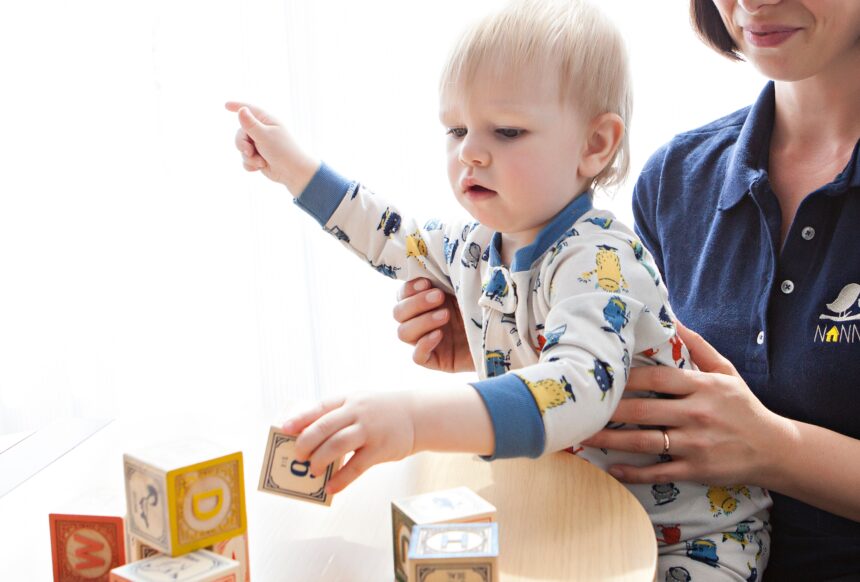Being in a completely different setting while you’re expected to settle in and mold young minds as a child care worker gets to you. Put yourself in the caregiver’s shoes — leaving home for an extended period and everyone you knew since birth. Even as an avid traveler, leaving home hurts.
Travel means new experiences and adventures and an opportunity to learn more about yourself and the world, but it can cause feelings of homesickness and sometimes more. So, how do you tell if it’s culture shock or depression when addressing the mental health needs of a child care worker?
Differences in Depression Across Cultures
Consider how different societies look at depression as the link between culture and psychology. Depression is the leading cause of disability globally, and the number of sufferers significantly increased by 18 percent from 2005 to 2015. In higher-income countries, about half of sufferers won’t seek treatment for depression. Statistically, the most depressed nation is Afghanistan, while the least depressed is Japan. Regionally, the largest region with depressed individuals makes up the Middle East and North Africa.
No word for “depression” exists in many countries — including India, Korea and Nigeria — which makes the symptoms, as most people know them, challenging to describe. Under 2.5 percent of Japanese citizens hold a formal diagnosis of depression, yet many know the country for its high suicide rates. People tend to uphold sociocultural norms over science, and chest pain, headache and fatigue may also represent signs of depression.
Roughly 75 to 80 percent of men make up the suicide rate, and men are three times more likely than women to commit suicide. Men report more physical symptoms of depression than women do, and they are more likely to act aggressive or distant to hide their symptoms, which can link back to cultural expectations. Does society expect men to remain in control?
Women are twice as likely as men to experience depression, and may talk more about the emotional and mental side of the disorder. Some people, regardless of gender, may also appear outgoing despite their depression, as the symptoms of the disease manifest differently in everyone. Women are more likely to experience depressive states caused by psychological triggers through stressful life events, such as an inability to balance work and life and leaving home for the first time, for an extended period.
How do you know it’s depression instead of culture shock? The symptoms remain after a reasonable adjustment period. With depression, the downs don’t go away after a short period.
Culture Shock Adjustment Periods May Vary
It takes a while for child care workers to adjust to their host country and living space. It can start with the honeymoon phase as the nuances sink in about what’s different. It takes time to adjust to the language and customs, because it’s different than what they may have imagined back at home.
Child care workers may feel like they have to leave their culture behind when they enter a new country and home. Hosts can help au pairs and caregivers cope by adopting their traditions in the household, since cultural exchange should be mutual. Engaging with others from their culture socially, making friends in the new culture and getting involved with the community are great ways to encourage cultural exchange and overcome shock.
A work-life balance is vital to a child care worker’s health and happiness. When they have time to explore the area and culture more, they are more likely to find what they like about their new environment and settle into a new routine.
Culture shock can look a lot like fatigue, as can depression, with the symptom of isolation and not spending time with the host family and new friends. Culture shock may identify itself as the shift to the idealization or strong devaluation of their host country without giving the experience a chance. Caregivers will talk about a fear of or feeling like they are acting in the wrong way and may experience ridicule for it.
When It’s Both Culture Shock and Depression
Of course, sometimes the caregiver can experience both culture shock and depression simultaneously, and where the two meet is homesickness. Does the caregiver get a chance to video chat with family back home? Does the host family give the caregiver a chance to talk about their culture as well?
Getting into a routine and honoring personal culture no matter where you end up are all healthy practices to learn to cope with changing times in life. Child care workers should feel welcome to express their traditions and share their culture while they learn, too, and this may help decrease some symptoms of culture shock and depression.
Ultimately, caregivers will find something they like about their host country and feel more at home. Going home after you’ve traveled means reflecting on how you’ve changed and what you experienced, so expect caregivers to experience a little homesickness for their host country, too.






